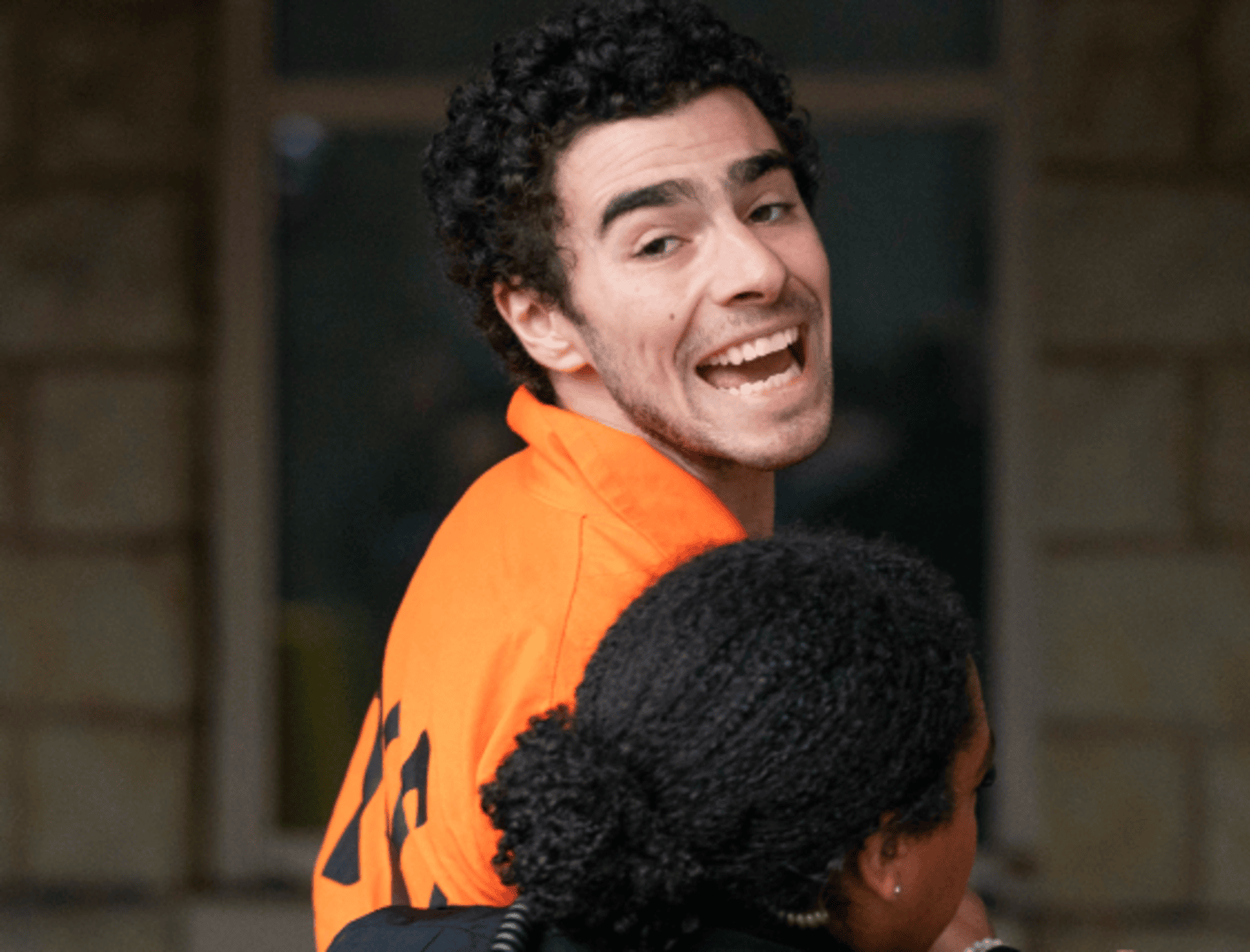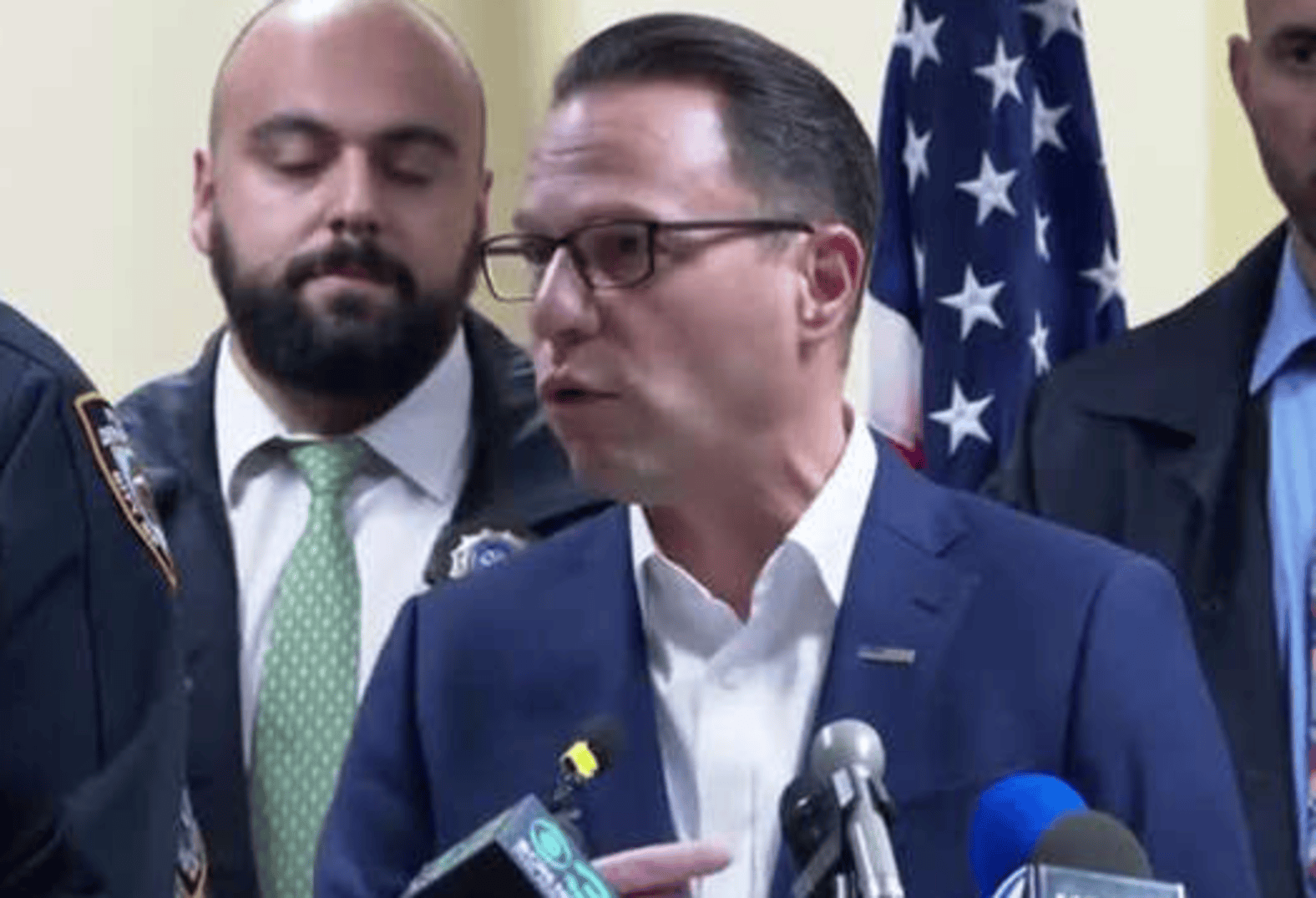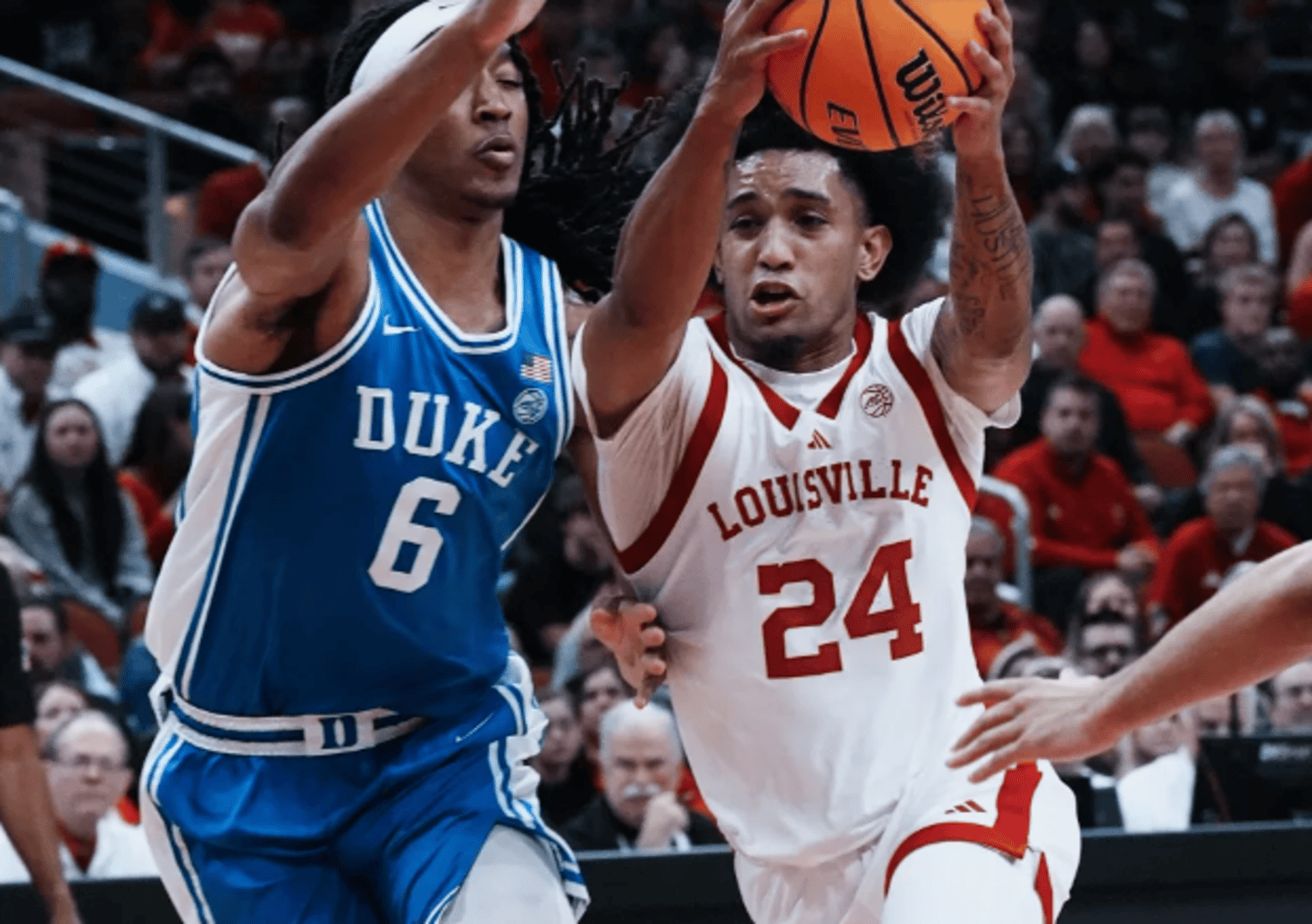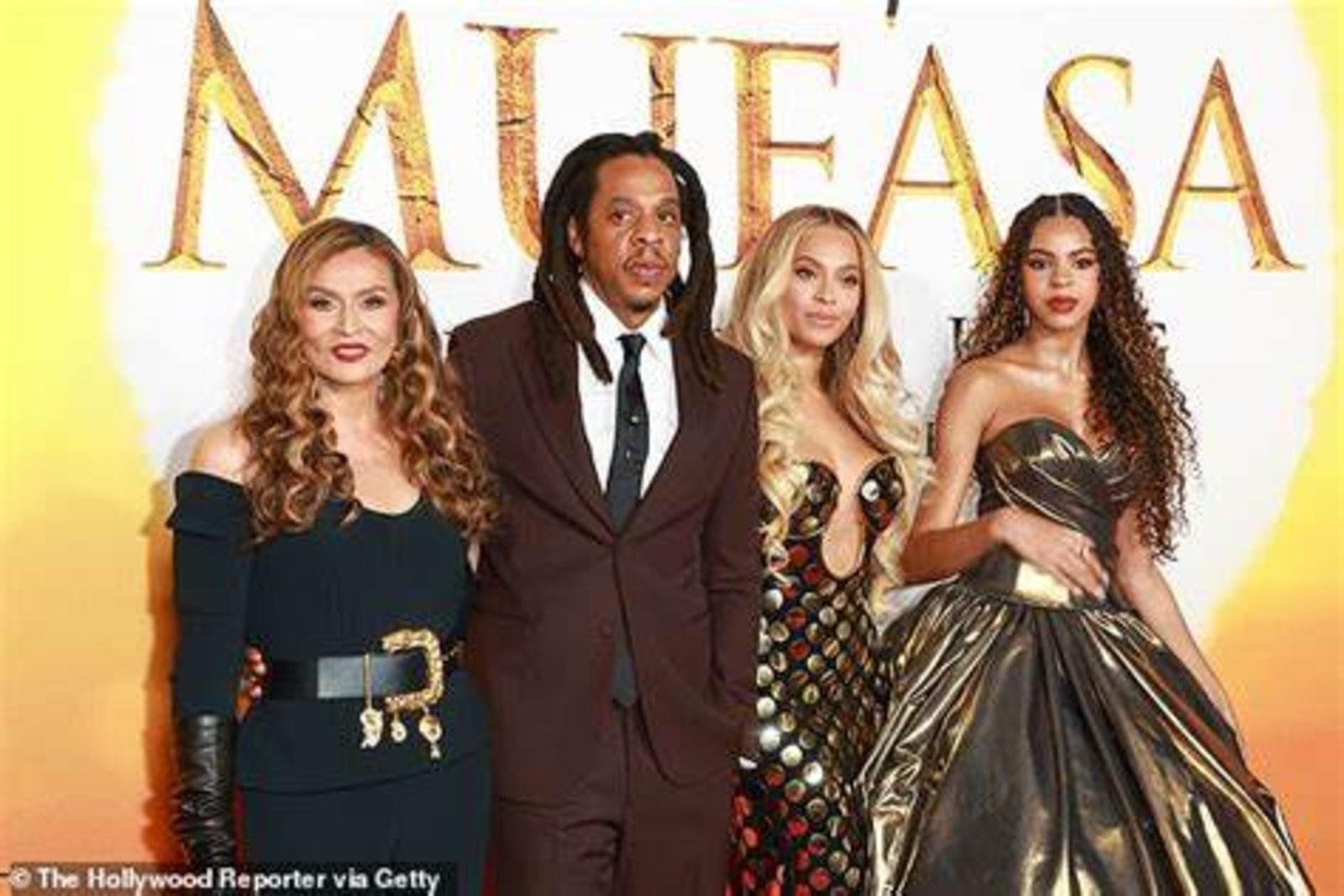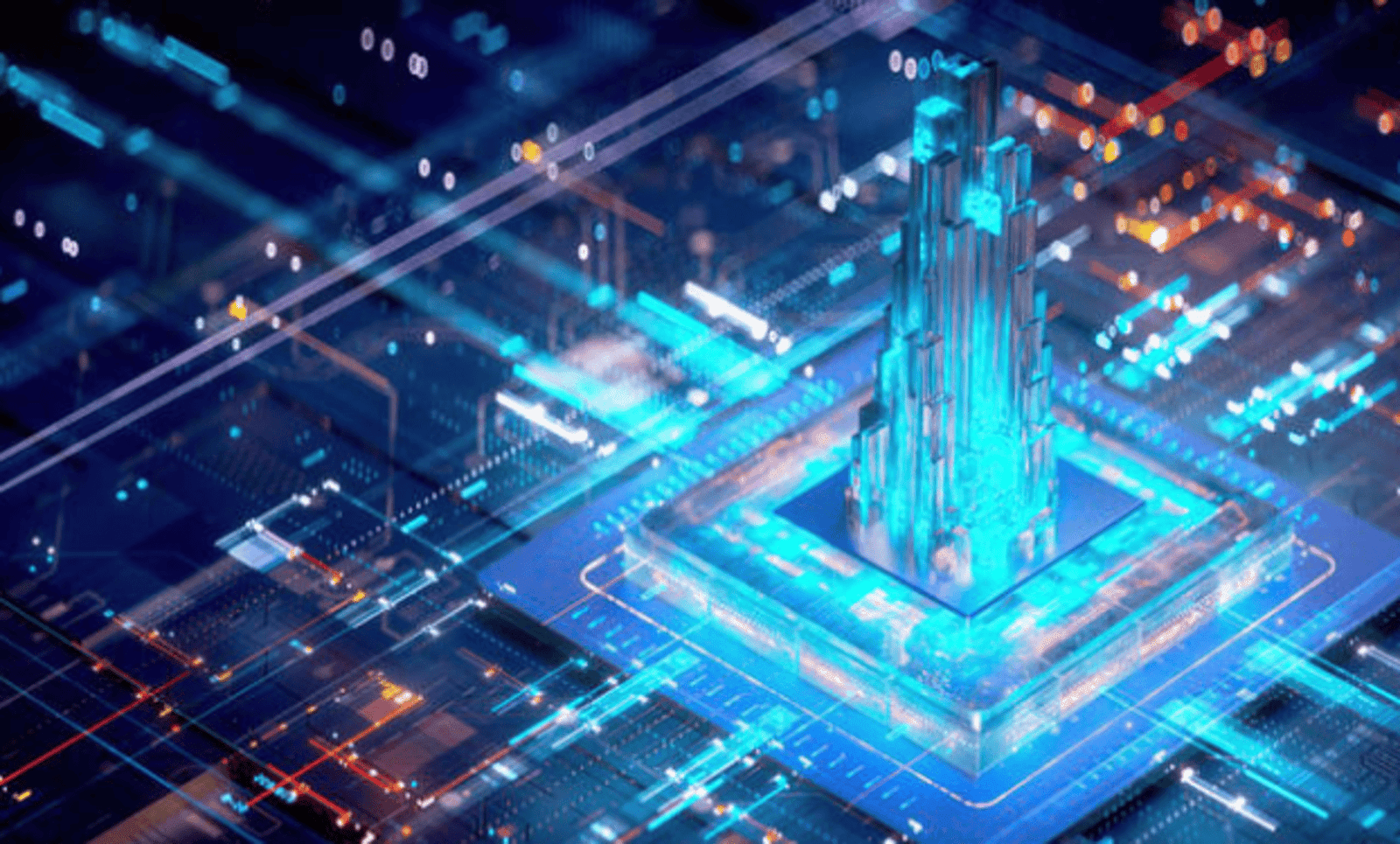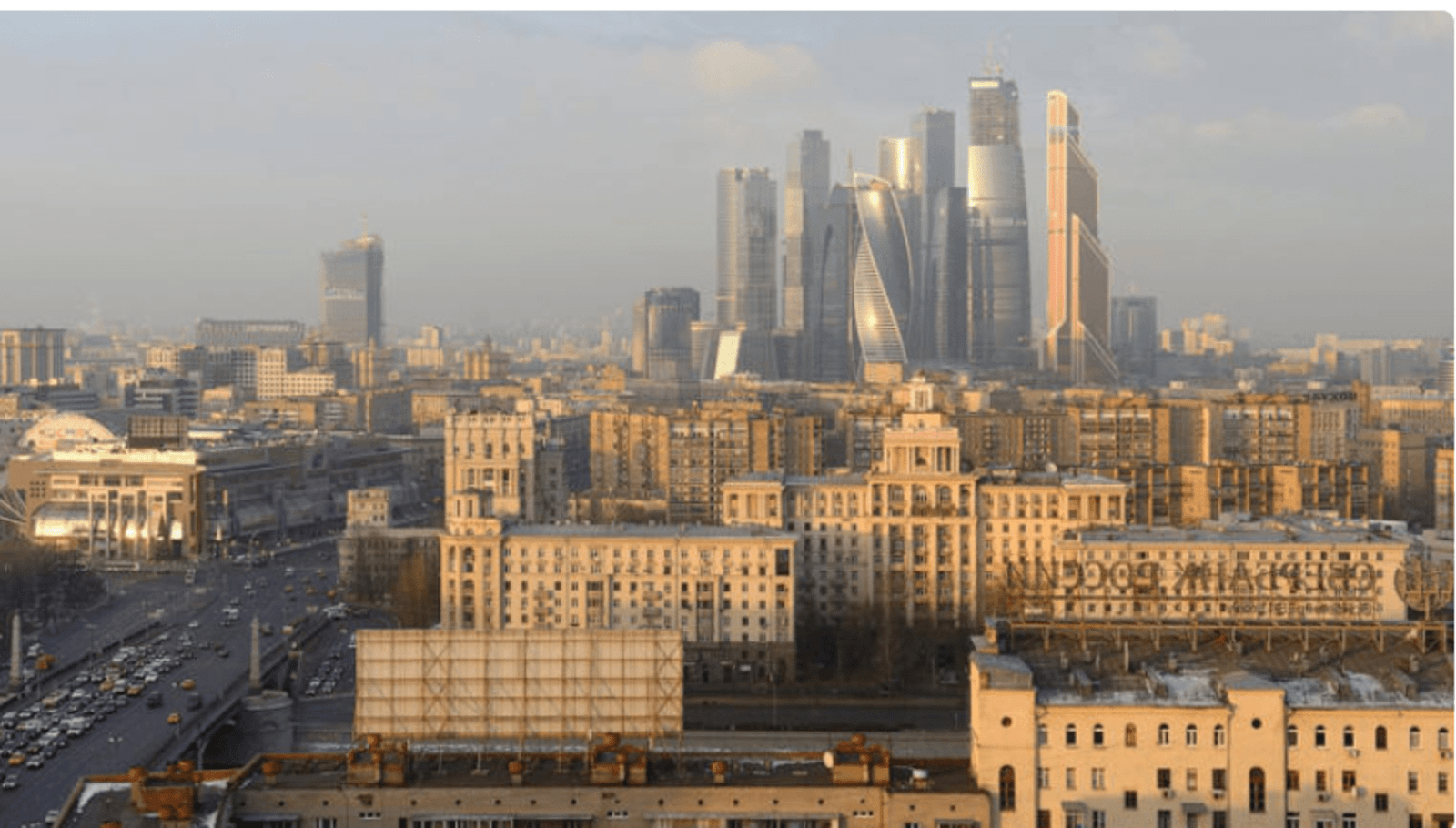
Moscow Drone Attack: 12 UAVs Downed.Drone Attack on Moscow: A Major Escalation
Overview of the Attack
The city’s officials reported that at least 12 drones were shot down. The attack unfolded over two days, starting on Tuesday night and extending into Wednesday morning. Moscow Drone Attack: 12 UAVs Downed
Details of the Attack
Moscow Mayor Sergey Sobyanin provided the latest updates. According to Sobyanin, the Air Defense Forces of the Ministry of Defense intercepted 10 unmanned aerial vehicles (UAVs) on Tuesday night. Two additional drones were brought down on Wednesday morning.

Drone Interceptions
However, Moscow’s layered air defense system played a crucial role.
Response from Russian Authorities
Russian authorities have indicated that around 60 more drones were sent into Russian territory. The interception efforts were extensive, as the city’s air defense systems were tested heavily. The response from Moscow’s defense forces highlights the growing threat posed by drone attacks.
Lack of Comment from Ukraine
As of now, Ukrainian authorities have not provided any comments regarding the attack. The silence from Kyiv adds to the uncertainty surrounding the incident. It remains to be seen if Ukraine will address or claim responsibility for the attack in the near future.
Impact on Moscow
The drone attack represents a significant escalation in the conflict. The scale and intensity of the assault demonstrate a shift in tactics. Moscow’s air defenses were engaged in a high-stress operation. The effectiveness of these systems is a critical factor in mitigating the impact of such attacks.
Security Measures
Following the attack, Moscow’s security measures are likely to be heightened. The city’s air defense systems will be under increased scrutiny. Preparations for future attacks will likely be intensified to prevent similar incidents.
Public Reaction
The public’s reaction to the attack has been mixed. Some residents express concern over the increased threat, while others focus on the city’s defense capabilities. The attack has stirred conversations about the ongoing conflict and its effects on daily life in Moscow.
Strategic Implications
This drone attack could have several strategic implications. The use of drones in such large numbers suggests new tactics and capabilities from the attackers.
The recent drone attack on Moscow carries several strategic implications that could significantly alter the course of the Russia-Ukraine conflict. The attack highlights emerging tactics and the evolving nature of modern warfare.
Evolution of Warfare Tactics
The use of drones in such a large-scale attack illustrates a shift towards asymmetric warfare. Traditional military engagements are increasingly being supplemented or replaced by drone strikes, which offer a way to inflict damage with relatively low cost and risk. This trend may prompt both sides to innovate their military strategies. Ukraine, for example, might expand its use of drones for reconnaissance and targeted strikes, while Russia could invest in more advanced counter-drone technology to protect key assets.
Impact on Air Defense Strategies
The effectiveness of Moscow’s air defense in intercepting the drones underscores the need for continual adaptation in defense strategies. Russia may upgrade its air defense systems, focusing on enhancing detection capabilities and improving interception accuracy. Other nations involved in similar conflicts might take note, leading to broader advancements in air defense technology and strategies.
Shifts in Geopolitical Dynamics
This escalation could also influence geopolitical relationships and alliances. Western nations might intensify their support for Ukraine, providing more advanced military aid or intelligence. Conversely, Russia may seek increased support from its allies or explore new partnerships to bolster its defense capabilities. The global response to these developments could reshape international alignments and impact diplomatic relations.
Changes in Public Perception
The increased visibility of drone warfare can affect public perception of the conflict. As drone strikes become more common, they may influence how the conflict is perceived both domestically and internationally. Public opinion could shift based on the perceived effectiveness or ethical considerations of drone warfare, potentially impacting political and military strategies on both sides.
Overall, the drone attack signifies a transformative moment in the conflict, suggesting a future where drone technology and asymmetric tactics play increasingly central roles in shaping military and geopolitical landscapes.
Future Outlook
Looking ahead, the frequency and scale of drone attacks might increase. Both sides in the conflict are likely to adapt their strategies. Moscow will continue to enhance its defense systems, while the attackers may refine their tactics for future engagements.
The attack may also influence international support and involvement. Allies of both Russia and Ukraine might reconsider their strategies or provide additional resources. For instance, Western nations could accelerate their support for Ukraine by supplying more advanced defense systems or intelligence. Similarly, Russia’s partners might offer enhanced military support or strategic advice in response to this escalation.
In the broader context, the increased use of drones could change public perception and geopolitical strategies. The effectiveness of these attacks may drive new policies or adjustments in defense postures among other nations. It could also prompt discussions about the rules of engagement and the ethics of drone warfare.
Overall, the recent attack is likely to accelerate developments in drone technology and defense strategies. The responses and adaptations from both sides will be critical in determining the trajectory of the conflict and its impact on global security dynamics.
Conclusion
The drone attack on Moscow marks a new chapter in the Russia-Ukraine conflict. The scale of the assault and the effectiveness of the air defense system are notable. As the situation evolves, the impact on the conflict and daily life in Moscow will become clearer. The response from both Moscow and Kyiv will be crucial in shaping the future dynamics of the conflict.


